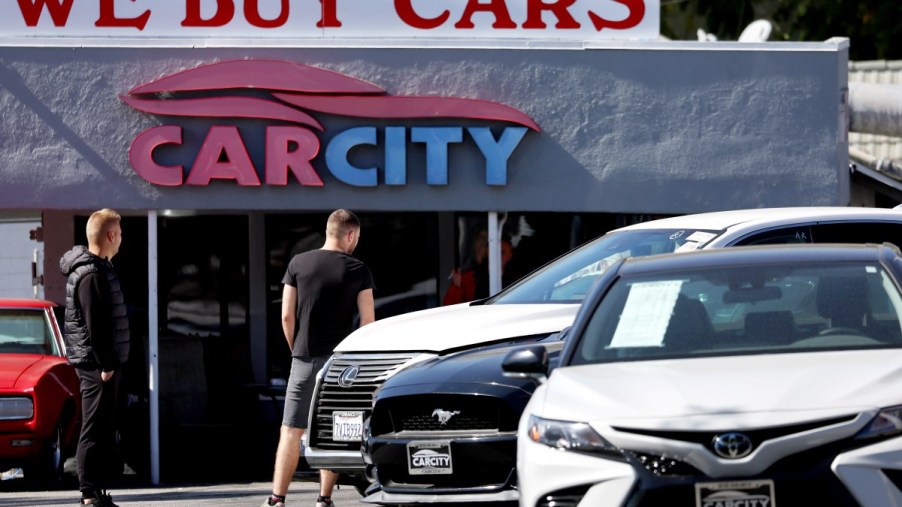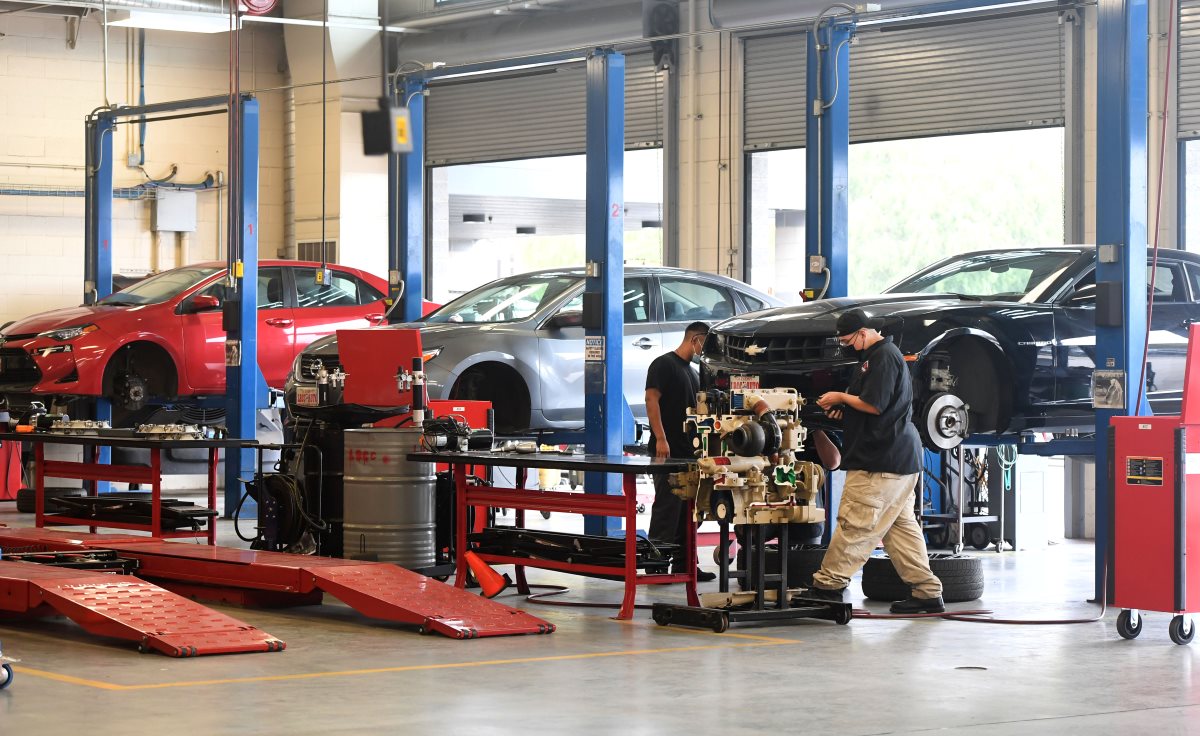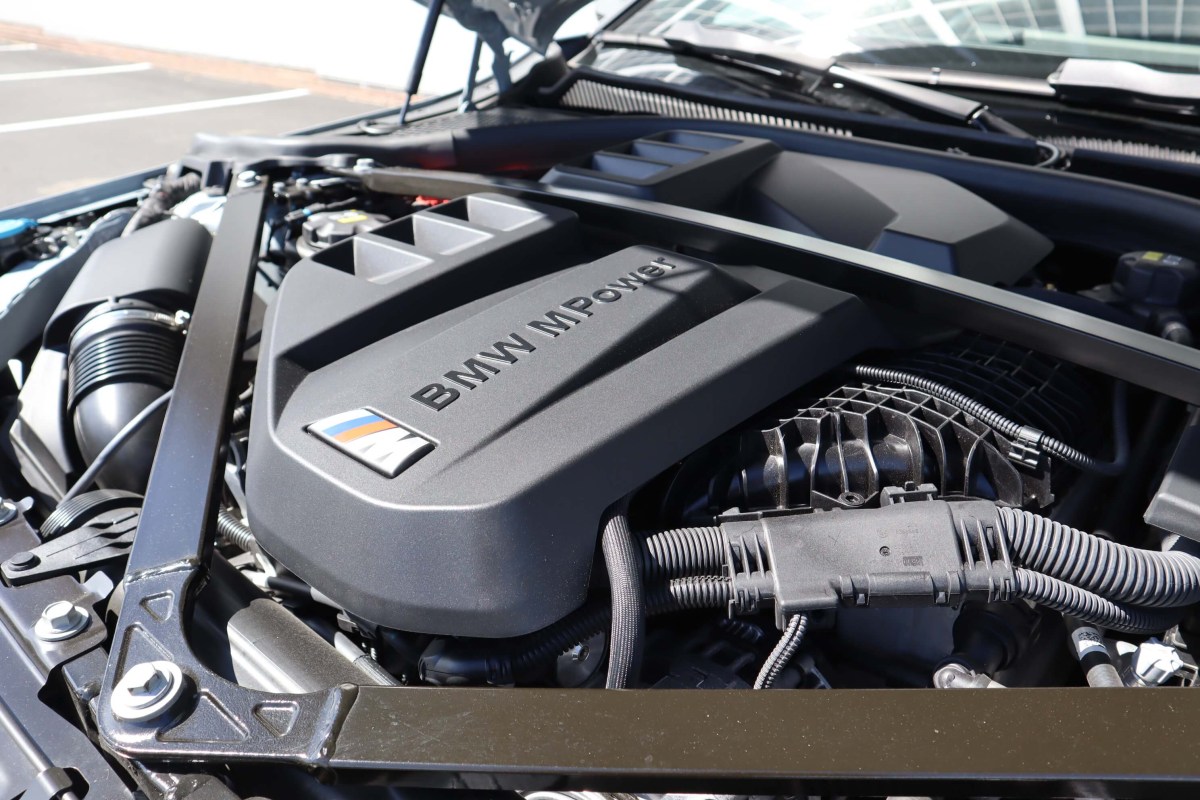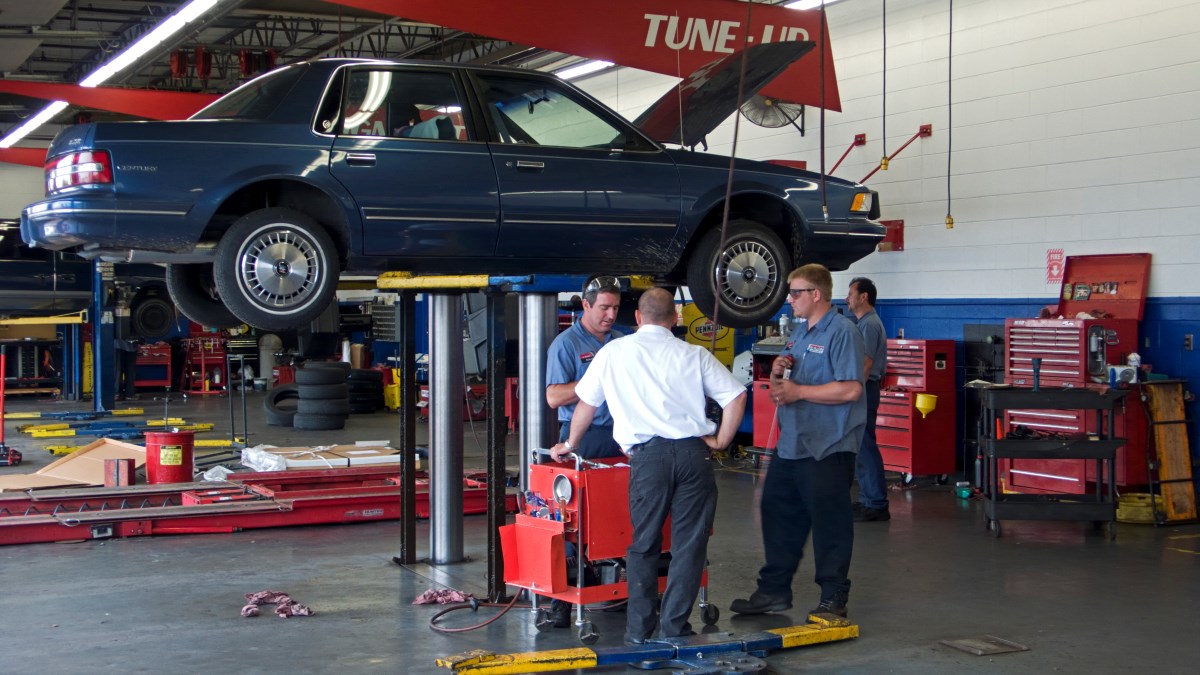
Understand Deferred Maintenance and Avoid Getting Screwed On a Used Car
When used car shopping, it’s natural to want to get the best deal possible based on the mileage, features, and type of vehicle. But one tool most dealerships aren’t prepared for is deferred maintenance knowledge. By understanding the vehicle you’re shopping for and its potential maintenance hiccups, you’ll have more negotiating leverage to help you score that used car deal you’ve been dreaming of.
What is “deferred maintenance” in cars?
The term ‘deferred maintenance’ is most often used when buying a home. It accounts for things like a future roof replacement, that cracked foundation that will need replacing, and that water heater that’s on its way out. When talking used cars, deferred maintenance takes on a much similar meaning.
Two types of deferred maintenance

There are two different types of deferred maintenance to consider when shopping for a used car. The first is the standard stuff that comes with every vehicle. Things like brakes, tires, worn shocks, and filters will all land on you if they haven’t been done beforehand. Some dealers will reduce the trade-in value for the previous owner to take on this work themselves.
For those that don’t that cost will land on you when you take the vehicle home. So that used car that seems like a great deal will suddenly cost you a few hundred to over a thousand dollars within the first year.
There is a second, slightly more esoteric category of deferred maintenance that is vehicle specific. This is where you can really gain some leverage on a used car. For instance, a BMW or Volkswagen will likely need a new water pump every 60,000 miles. However, many owners will neglect this repair as it can cost well over $600 when performed at a dealership. That deferred maintenance will then land on you, and that’s knowledge you can use when working with a dealer.
Learning more about the used cars you’re looking for

Thanks to the power of the internet, even a novice car shopper can better understand deferred maintenance. We offer plenty of guides like these, as do sites like RepairPal and Kelley Blue Book. In addition, even the most mundane of vehicle’s have owner’s groups on Facebook and forums where you can better understand the ownership experience and find those unique pain points to address when shopping for used models.
And if you don’t feel like doing all that research, a pre-purchase inspection is an excellent option. This involves finding an outside mechanic to take a look at the vehicle you’re about to buy. They’ll let you know everything it needs with a cost estimate, so you know what you’re dealing with. And if your dealership isn’t comfortable with letting another mechanic see what’s happening under the hood, run.
Using a vehicle history report to your advantage

Typically, vehicle history reports are used to determine whether a vehicle has been in an accident. However, most maintenance is tracked here as well, especially if performed at a dealership or reputable mechanic. It’s here where you can put your knowledge of deferred maintenance to use.
Check for those items that you’ll know will need attention based on the vehicle in question, its age, and its mileage. If those services haven’t been performed, bring it up with the salesperson. Oftentimes the solution will be money off of the sale, or they’ll have the services taken care of before you buy the car.
This win-win situation means you’ll save the time and hassle of dealing with the maintenance yourself, or you’ll get that used car you were looking at for less than the initial asking price. And if the dealer refuses to budge? Don’t be afraid to walk away. If you can do so, waiting a few weeks for a better deal (or a more flexible dealership) will benefit both your wallet and your sanity.




